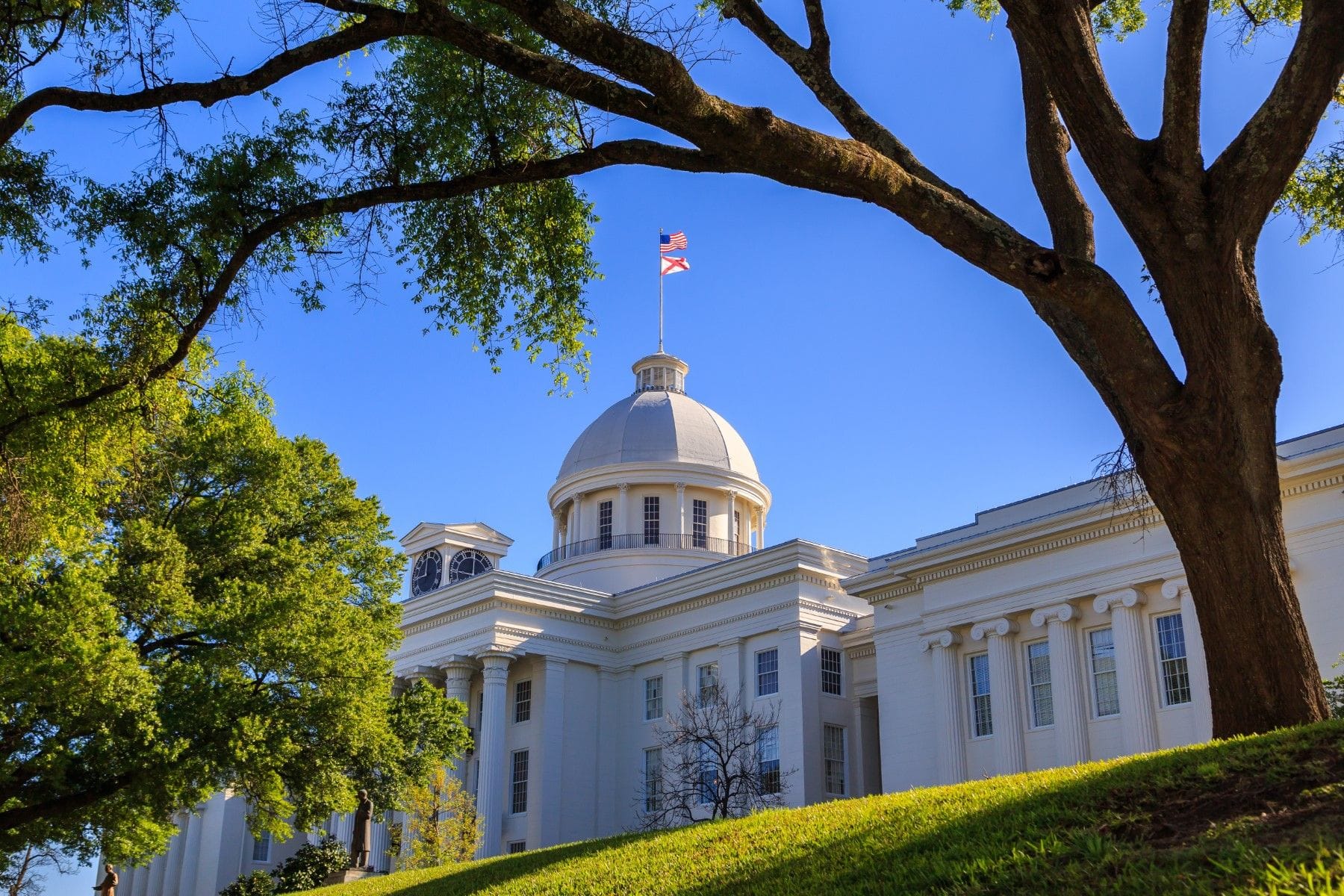Alabama Expert Witness Disclosure Requirements
Alabama's expert witness disclosure rules emphasize timely, detailed information to ensure fairness in litigation, with strict adherence to local court requirements.
Updated on
In this article
When Are Expert Witness Disclosures Required in Alabama?
In Alabama, the rules governing expert witness disclosures are primarily encapsulated within the Alabama Rules of Civil Procedure (ARCP) and the Alabama Rules of Evidence. The timing of expert witness disclosures is a critical component in the litigation process. Typically, the timing for these disclosures is determined during the discovery phase of the trial.
Under ARCP Rule 26(b)(4), parties are generally required to disclose expert witnesses they intend to call at trial. Although Alabama does not have a specific statute detailing the exact deadlines for expert disclosures, the timing is often dictated by the court's scheduling order. These orders can vary but generally require initial disclosures to occur several months before the trial date. It is common for courts to set deadlines for initial disclosures as well as deadlines for rebuttal and supplemental disclosures.
In practice, initial expert witness disclosures should be made as soon as practicable after the expert is retained and the report is completed. Supplemental disclosures are required if a party learns that its disclosure is incomplete or incorrect in some material respect, as per ARCP Rule 26(e). These supplemental disclosures should be made in a timely manner, generally guided by the court's scheduling order or local rules.
Information That Must Be Included in the Disclosure
When disclosing expert witnesses in Alabama, parties must provide comprehensive information to comply with discovery requirements. The following elements are typically included in expert witness disclosures:
- Expert Qualifications: A detailed account of the expert’s qualifications, including educational background, professional experience, publications, and any certifications relevant to the case.
- Expert Opinions: A clear statement of the expert’s opinions and the basis for these opinions. This should encompass the expert’s conclusions and the rationale behind them.
- Data Considered: A summary of the data and information that the expert considered in forming their opinions, including any documents, tests, or studies reviewed.
- Fee Structures: Disclosure of the expert’s fee arrangement, which might include hourly rates, retainer fees, and any other financial arrangements related to the expert’s testimony.
- Prior Testimony: A list of cases in which the expert has testified in the past four years, including the nature of the testimony and the outcome of these cases.
This comprehensive disclosure is intended to allow the opposing party to prepare for cross-examination and to formulate a rebuttal strategy if necessary.
Supplementing and Amending Expert Disclosures
In Alabama, the duty to supplement or amend expert disclosures is governed by ARCP Rule 26(e). Parties are obligated to update their disclosures if they discover that any part of the disclosure is incomplete or incorrect in a material way. This duty ensures that all parties have access to the most accurate and current information, facilitating a fair trial process.
Supplementation should occur in a timely manner, typically as soon as the new information is available. Failure to update disclosures can lead to significant consequences. Courts may impose sanctions, including the exclusion of expert testimony, if a party fails to amend their disclosures appropriately.
Consequences of Failing to Properly Disclose an Expert
The failure to properly disclose an expert witness can have severe consequences in Alabama. The most immediate risk is the exclusion of the expert’s testimony, which can significantly impact a party’s ability to present its case effectively. Under ARCP Rule 37(c)(1), a party that fails to provide information or identify a witness as required by Rule 26(a) or (e) may not be allowed to use that information or witness to supply evidence at a trial, unless the failure was substantially justified or is harmless.
Additional consequences can include:
- Motions to Strike: Opposing counsel may file motions to strike the expert’s testimony, arguing that the non-disclosure prejudices their case.
- Sanctions: The court may impose monetary sanctions or other penalties as deemed appropriate.
- Litigation Risks: Failure to disclose can weaken a party’s litigation strategy, potentially leading to unfavorable settlement terms or verdicts.
These repercussions highlight the importance of adhering to disclosure requirements meticulously.
State-Specific Rules and Key Considerations
While Alabama’s rules on expert witness disclosures share similarities with the Federal Rules of Civil Procedure, there are notable distinctions and state-specific considerations. Alabama courts often emphasize the importance of adhering to local rules and scheduling orders, which can vary between jurisdictions.
One key consideration is the role of local court rules, which may impose additional requirements or deadlines for disclosures. Legal professionals should consult the local rules of the court where the case is filed to ensure compliance with any jurisdiction-specific mandates.
Moreover, Alabama courts have historically emphasized the principle of fairness in the discovery process. This means that even if formal rules do not specifically require certain disclosures, courts may still expect parties to act in good faith and provide all relevant information to avoid prejudicing the opposing party.
In conclusion, understanding and adhering to the expert witness disclosure requirements in Alabama is crucial for effective litigation strategy and case preparation.


